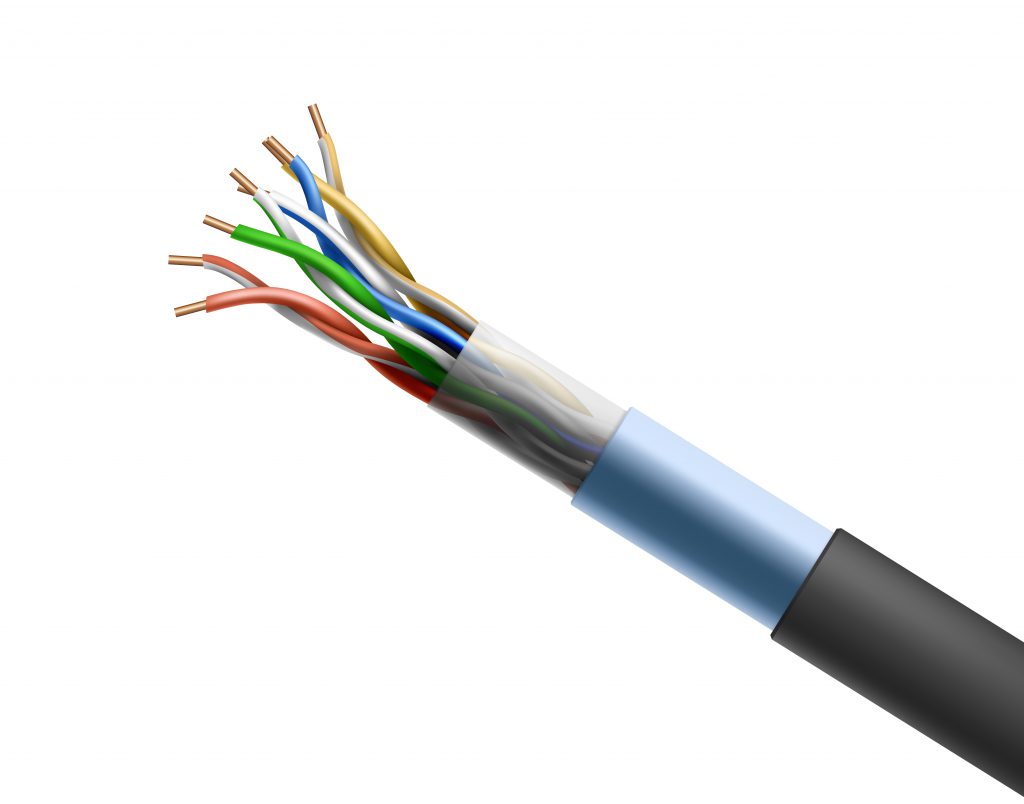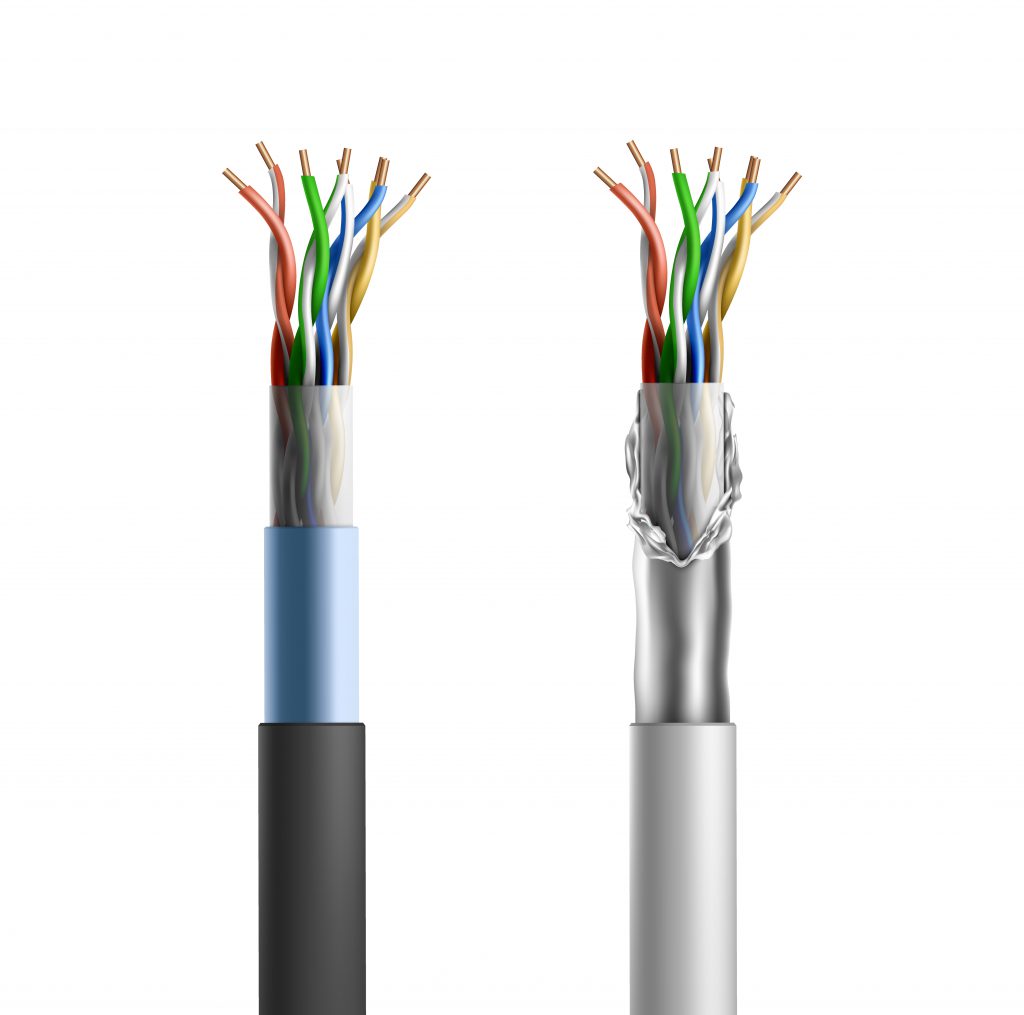Flexible electric wires and cables
Flexible cables are specifically designed to allow for bending and movement in applications where machines and other equipment are in motion. These cables achieve flexibility using stranded conductors that allow more movement and bendability than solid core wires. The individual strands within the cable are also insulated to prevent them from short-circuiting or coming into contact with each other.
Flexible cables are ideal for use in automation industries, where machines and equipment are continuously moving, such as in pick-and-place machines and CNC-based machines like engraving and milling machines. They are also commonly used in robotics, conveyors, and other types of automated machinery. The flexibility of these cables allows them to bend and twist without breaking or damaging the conductor, ensuring a continuous and reliable electrical connection.
In addition to their flexibility, flexible cables are also designed with high-quality materials and advanced manufacturing processes to ensure maximum durability and reliability. They are available in a wide range of sizes and specifications to meet the needs of different applications. Whether you need cables for industrial automation or other moving applications, flexible cables are the perfect choice for your needs.



